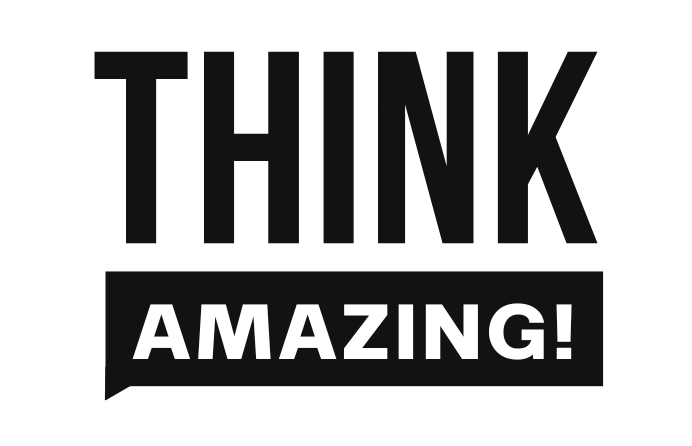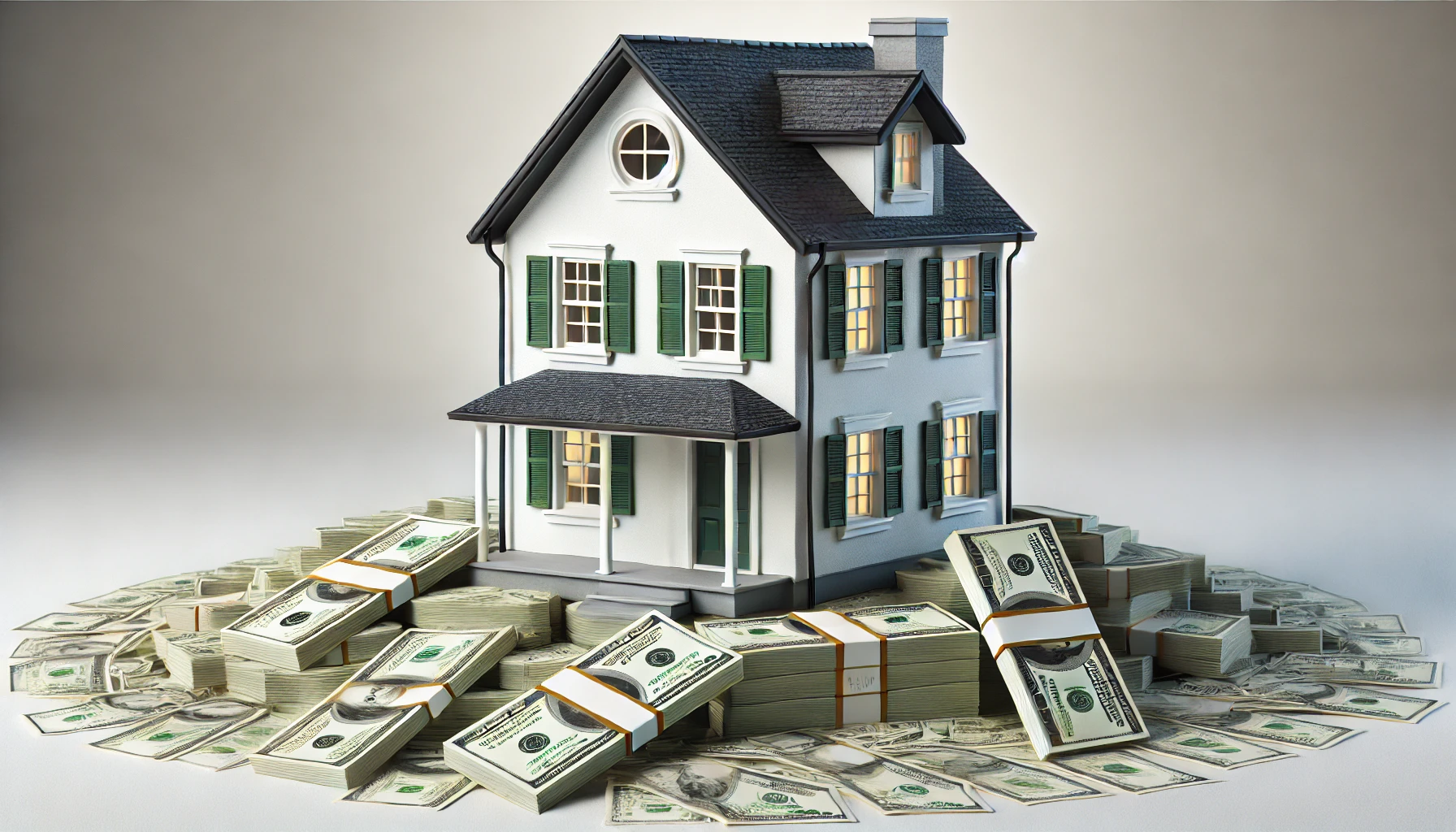Why You Should Stop Renting and Start Building Wealth Through Homeownership
Every month, like clockwork, the rent is due.
You send the payment. You keep the peace. And for a few days, you feel good knowing you covered your bills. But then it hits you: that money is gone. No return. No asset. No ownership. You just paid to live in someone else’s investment—again.
And the longer you rent, the more you realize something: you’re helping someone else build wealth, while you stay stuck paying for the same square footage, year after year, with nothing to show for it.
We All Have to Pay to Live—Why Not Pay Toward Ownership?
Whether you rent or own, you’re already paying for a place to live. The difference is this: rent keeps going up while offering you no return. Homeownership, on the other hand, is an investment that grows while you live in it.
That’s the shift—from spending money to planting it.
When you own a home:
- You build equity (the difference between what your home is worth and what you owe)
- You have stability (no more sudden rent increases or landlords selling the property)
- You gain leverage (equity you can use for future investments or emergencies)
- You get tax benefits (like deductions—keeping more money in your pocket)
- And most importantly, you start building generational wealth (your house can be passed down)
Equity Is the Secret Weapon Most Renters Never Tap Into
Here’s how it works: every time you make a mortgage payment, part of it pays down the loan (aka, your ownership grows). Over time, your home usually increases in value. So not only are you paying down your loan, but your asset is growing.
Example:
You buy a home for $250,000. In 5 years, it’s worth $300,000, and you’ve paid down $25,000 of your mortgage.
You now have $75,000 in equity. That’s $75K in wealth you would’ve never had renting.
And Here’s the Power Move—You Can Leverage That Equity
Once you build enough equity, you can use it to:
- Fund home upgrades (that increase the home’s value even more)
- Invest in a second property
- Pay off high-interest debt
- Start a business
- Support your family’s financial future
That’s how you go from survival to strategy.
Buying a Home Is Simpler Than You Think
Yes, it takes preparation. Yes, it takes paperwork. But it’s not just for people with six figures in the bank. If you’ve been renting, you’ve already been paying someone’s mortgage. Now it’s time to make that mortgage yours.
There are real options for first-time homebuyers:
- Grants and down payment assistance programs in many cities
- FHA loans that allow as little as 3.5% down
- Some programs even let you buy with under $1,000 down if you qualify
- USDA and VA loans (for rural buyers and veterans) offer zero down payment options
- Many states and counties offer first-time homebuyer classes that come with financial perks
You don’t need perfect credit. You need a plan.
Steps to Buy Your First Home
- Check your credit score
Aim for 620+, but some programs accept lower. The better the score, the better your loan terms. - Know what you can afford
A lender can pre-approve you based on your income and debt. Don’t guess—get the facts. - Start saving
Even with assistance, having some cash on hand for inspections, closing costs, or emergencies helps. - Research first-time buyer programs
Look for local or state options. Many require a homebuyer education course. - Get pre-approved for a loan
This gives you a clear price range and makes you a stronger buyer. - Work with a real estate agent who understands first-time buyers
The right agent will walk you through every step and protect your interests. - Find a home and make an offer
Stick to your budget. Don’t let emotions rush the process. - Get a home inspection
Know what you’re buying. This protects your investment. - Close the deal and move in
Sign the papers, grab the keys—and celebrate building equity every time you walk through the door.
You Don’t Have to Settle…
Imagine paying rent for the next 10 years. That’s tens of thousands of dollars gone, with nothing in your name.
Now imagine paying that same amount toward a home—watching its value grow, owning more of it each year, and one day, passing it down or cashing it in.
Rent pays the past. Ownership funds your future. You deserve financial freedom—owning a home is a step in that direction.
Notes
“The borrower is slave to the lender.” – Proverbs 22:7







